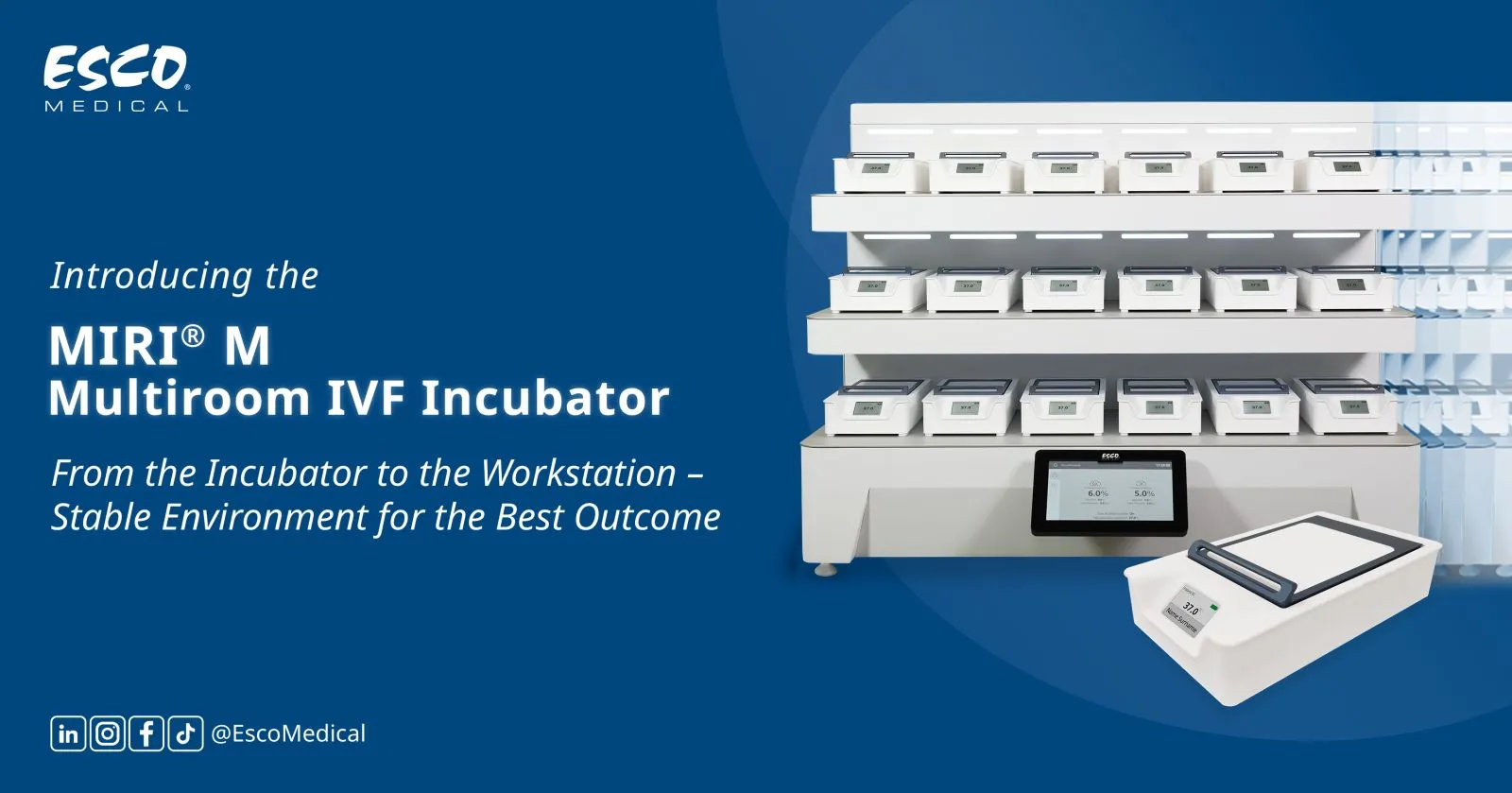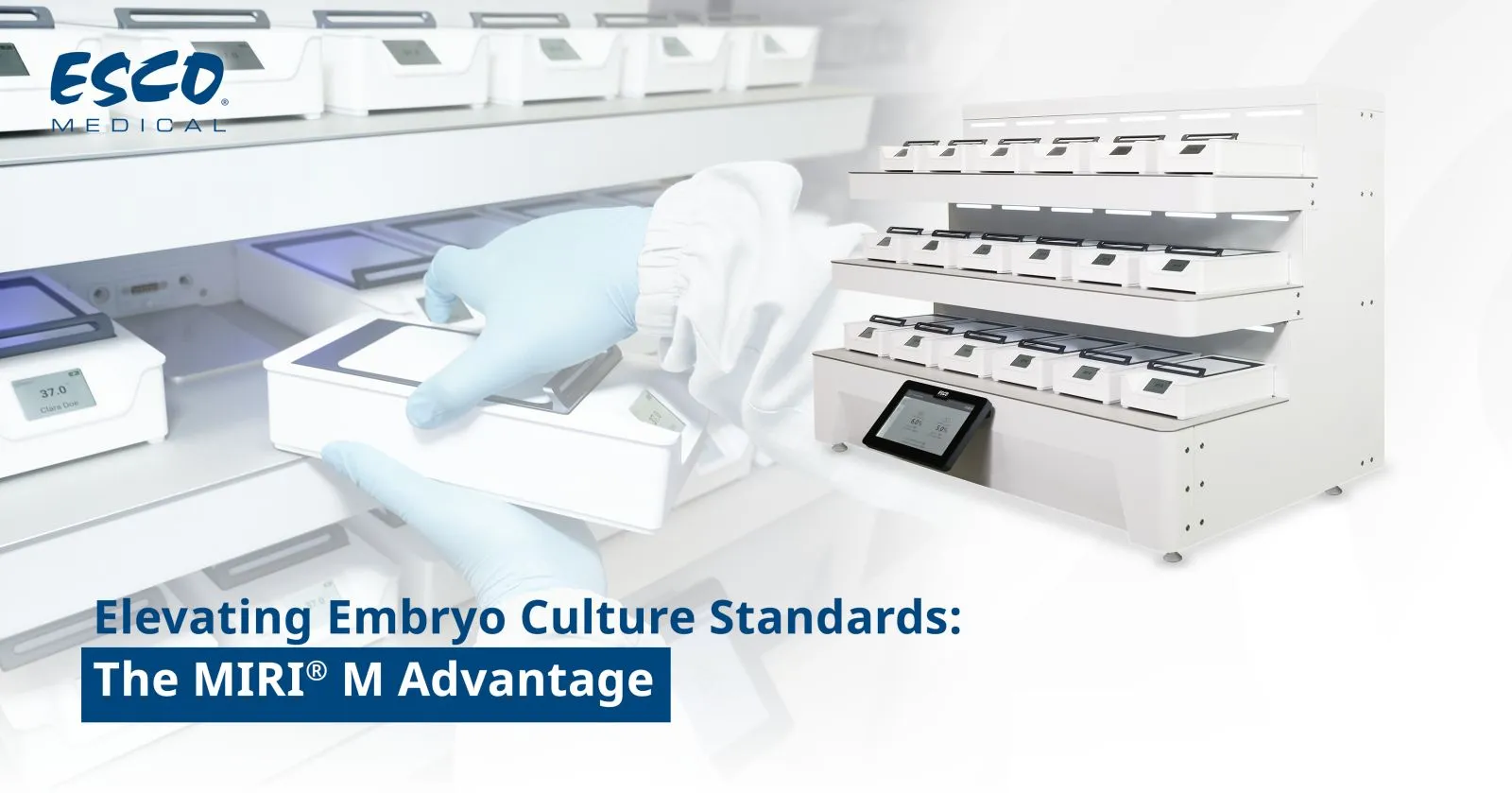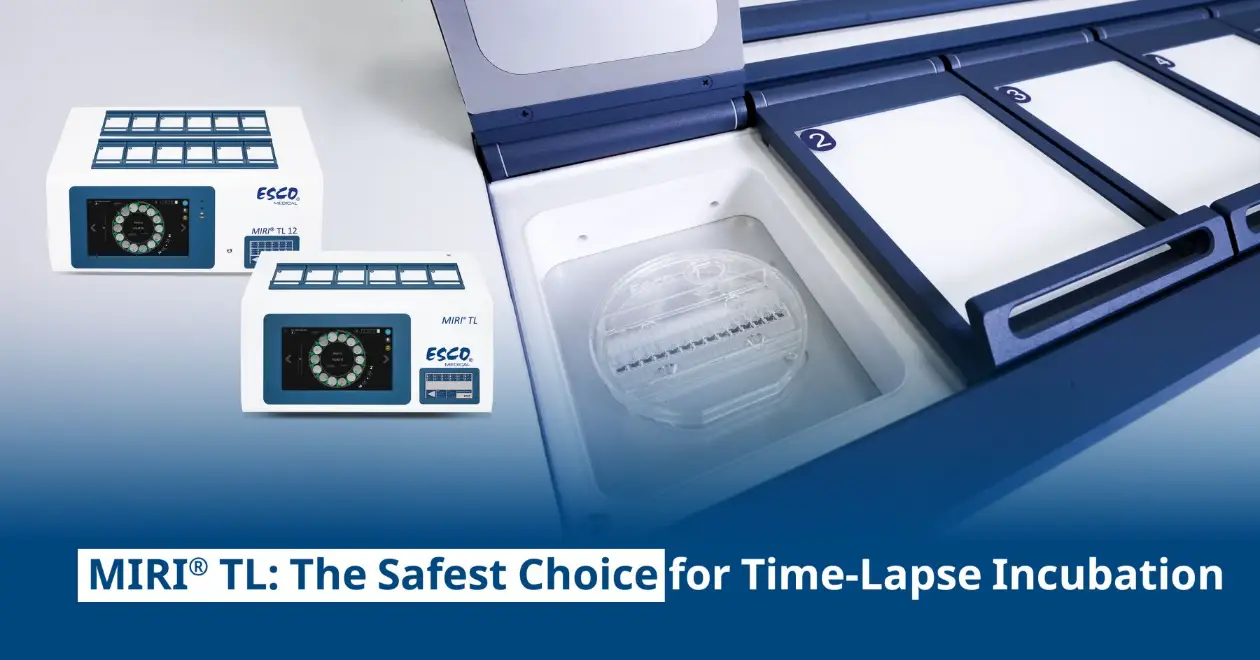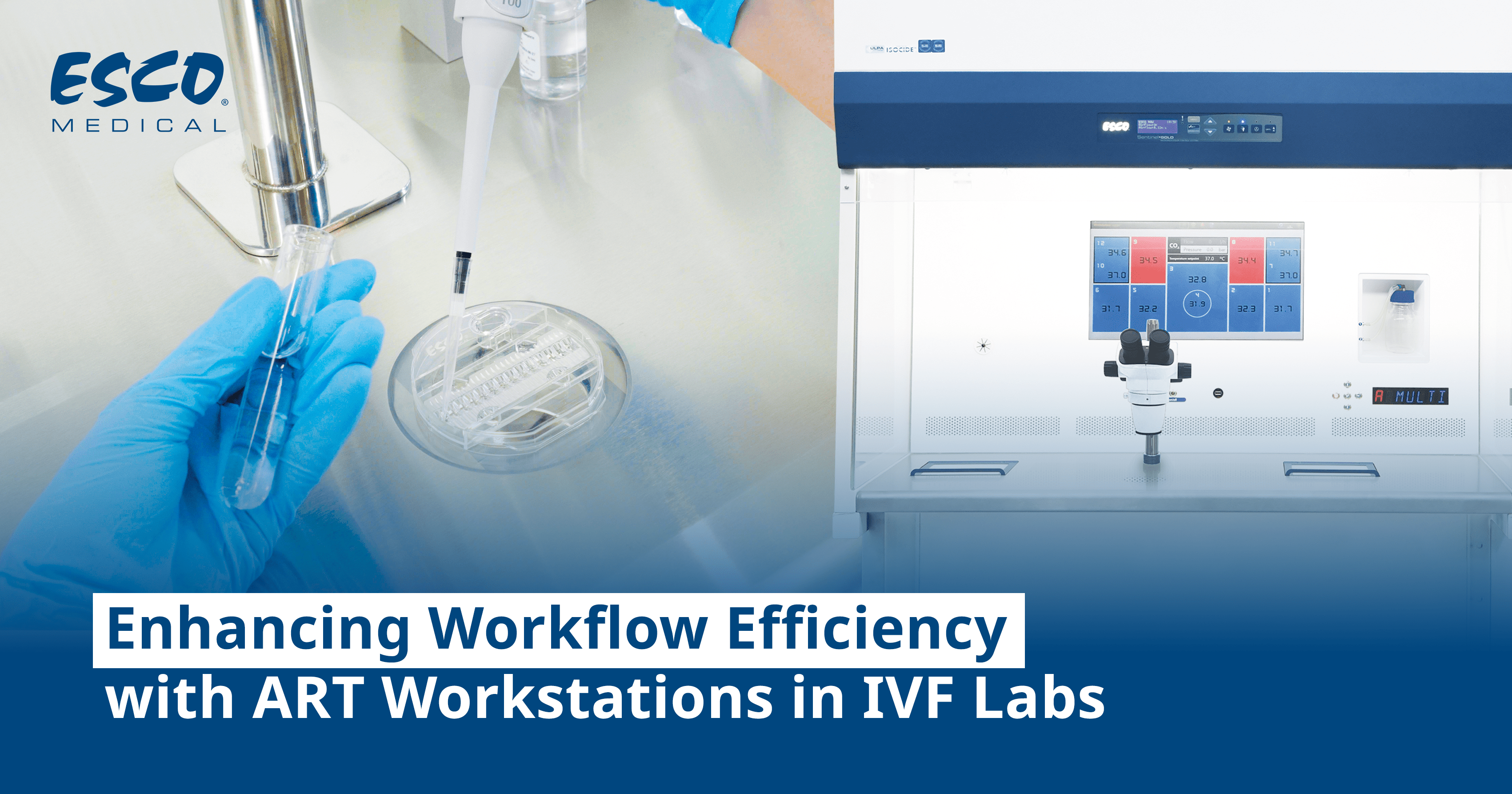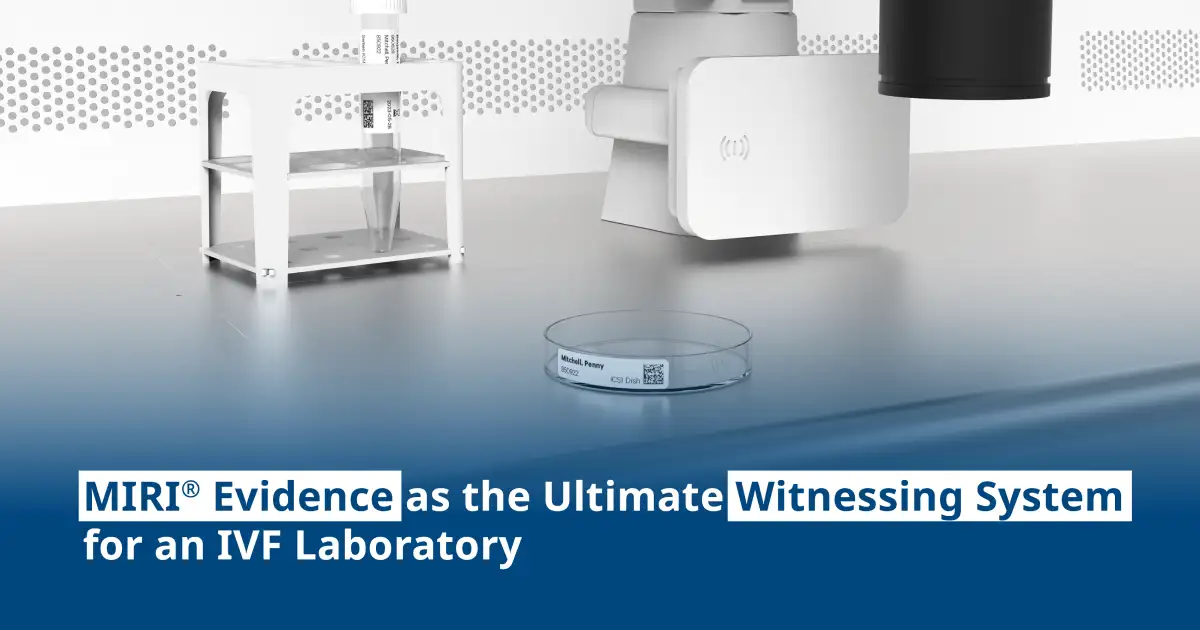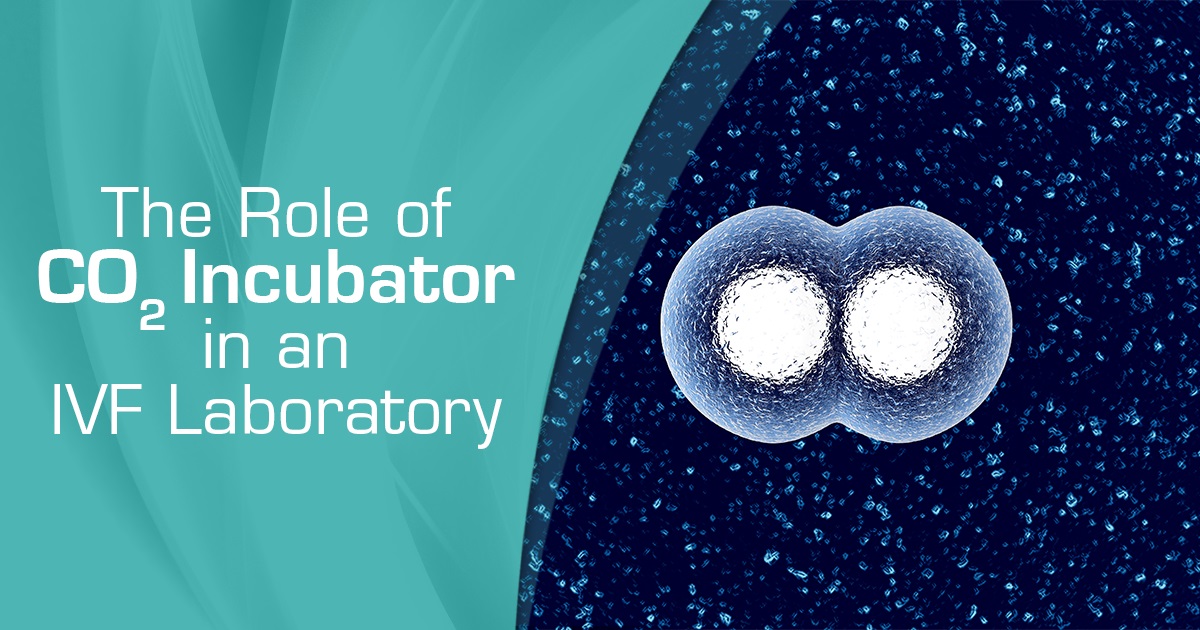
During an IVF procedure, the egg is fertilized by the sperm cell in the laboratory instead of fertilizing inside the human body. For this fertilization to happen and to be successful, it is important to mimic the environmental condition of the embryo developing inside the uterus. To achieve the favorable condition needed by the embryos, an incubator is used to provide all the necessary conditions for the growth of an embryo. An IVF incubator will serve as an artificial uterus for the embryos to grow and develop until such time that it is mature enough to be transferred into the mother’s womb.
At the early age of IVF technology, a conventional incubator was being used in culturing embryos. But then after years of research, a study has shown that overcrowding of incubators can lower the pregnancy rates of the embryos due to unstable environmental conditions inside the incubator. The CO2 incubator is used for providing and maintaining the optimum temperature, controlling the environment’s humidity, and regulating the levels of necessary gases such as oxygen and carbon dioxide. Aside from that, the incubator is also responsible for protecting the precious cultures from microbial contamination. With that being said, it is important to have a filtration system and other decontaminating agents in the incubator.
Temperature
The optimal temperature necessary for the embryo to grow is 37 degrees Celsius. Any changes in the environmental condition inside the incubator can greatly affect the quality of the embryos being cultured. Any shift in temperature away from 37 degrees Celsius can give an adverse effect and irreversible damage to the embryo. Hence, one of the main goals is to provide and maintain the optimal temperature throughout the incubation period to provide high-quality embryos.
Gas Concentration Level
Low Oxygen Level
Maintaining a low oxygen level can help for the optimal growth of the embryos. According to a study, lower oxygen concentration can improve the blastulation rate and increase the proportion of embryos reaching the stage of the expanded blastocyst with a normal inner cell mass. The study showed that there is an overall improvement in live births when the embryos were cultured at a reduced oxygen level.
Regulating Carbon Dioxide level
Aside from the gas and temperature, the pH level must also be maintained at 7.2-7.4. Regulating the carbon dioxide level can help in maintaining the right amount of pH inside the incubator. It is known that human embryos are sensitive to pH, changes in pH can affect the cell’s metabolism. Therefore, it can affect the quality of embryos and increase the risk of unsuccessful IVF cycles due to failure in the implantation of the viable fetus.
Decontaminating Agents
Since the incubator aids in the growth and development of the embryos, sanitation inside the incubator is important. The environmental condition inside the incubator needed by the embryos is also favorable to the different opportunistic microorganisms that may infect and devour your precious samples. It is important to have decontaminating agents such as a filtration system and additional features that may protect your embryos from contamination. Aside from regular cleaning, adding a filtration system will secure the air quality recirculating inside the incubator.
Embryo culture is one of the major steps in IVF treatment. One of the major problems in embryo culturing is maintaining a stable environment condition favorable to the samples. But as the embryologists need to monitor their sample, frequent closing and opening of the door could affect the balance inside the incubator. Every time the door opens, the oxygen level rises, and the temperature drops, and this could affect the embryo’s growth and development as well as its quality. With that, you can see that the quality of the embryo being produced is at stake. That is why it is important to choose the right incubator that will provide all the necessities and favorable conditions for the embryos to grow and develop. CO2 incubators have a vital role in providing an optimal environment in embryo development during IVF and other ART procedures.
Working Principle of CO2 Incubator
It is known that incubators provide optimal environmental conditions for the embryo to grow and develop. Aside from maintaining the gas concentration and temperature, pH has also a vital role in the growth and development of the embryos. In order to facilitate the growth of the embryos under optimal conditions, the culture media used should be maintained at the pH range of 7.2 to7.4. The H2O present in the cells can be turned into a carbonic acid buffer by adding more CO2. The combination of H2O and CO2 results in bicarbonate and carbonic acid that keeps the pH at the right range (neutral). In other words, adding the right amount of CO2 can help in maintaining the pH in its optimal range and helps in the embryo’s growth and development. Having too basic or too acidic environment can inhibit cell growth and can cause some adverse effects to the cell’s metabolism.
CelCulture® CO2 Incubator
As a well-known IVF equipment provider, Esco Medical offers a full range of equipment for IVF laboratories. Esco CelCulture® CO2 Incubator is packed with outstanding features such as rapid parameter recovery, ISO Class 5 cleanliness, ISOCIDETM antimicrobial coating, a standard inner door that helps in reducing contamination risk, and other useful accessories for specialized applications.
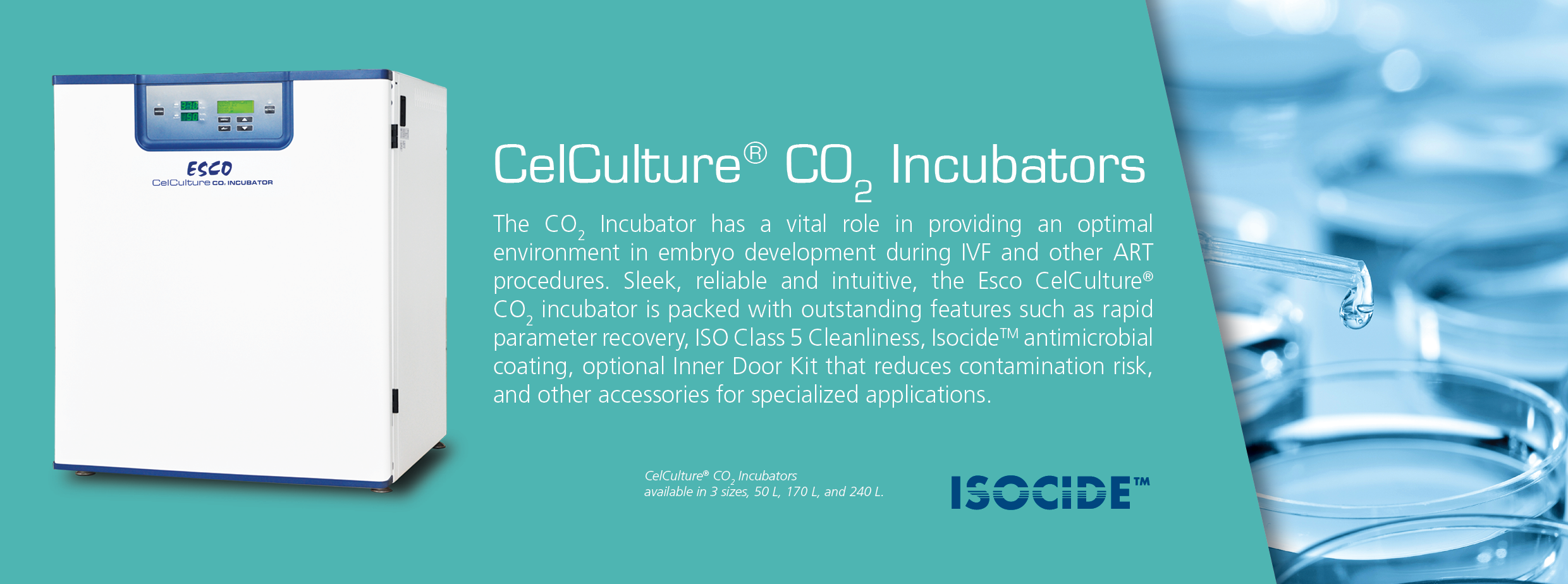
Other key features:
1.SmartsenseTM Microcontroller Interface
-This system helps in monitoring the incubator parameters
2.Quality Esco Construction
-The external surfaces of the incubator are powder-coated with Esco ISOCIDETM that helps in eliminating 99.9% of surface bacteria within 24 hours of exposure. It ensures a safer, cleaner, and healthier laboratory environment for both embryos and embryologists.
3.ULPA Filter
-This filtration system is 99.9% efficient and superior to the conventional HEPA filter. It aids in maintaining the cleanliness inside the incubator. The chamber returns to ISO Class 5 cleanliness in 11 minutes upon closing the door to prevent contamination.
4.Sample Port
-This sample port allows direct measurement of the chamber’s parameters such as temperature and CO2 concentration.
5.Inner Door Kit
-It also helps in reducing the recovery time of the parameters every time the door is needed to be opened for embryo monitoring and helps in eliminating contamination risks.
Having these features, Esco Medical’s CelCulture CO2 Incubator could improve the success rate of the IVF cycle. The additional accessories and features are placed not only for the design but also to improve the quality of the embryo being produced and increase the pregnancy success rate of each IVF cycle. Esco Medical ensures to reach and provide the needs of every IVF laboratory depending on the specification they are looking to.
